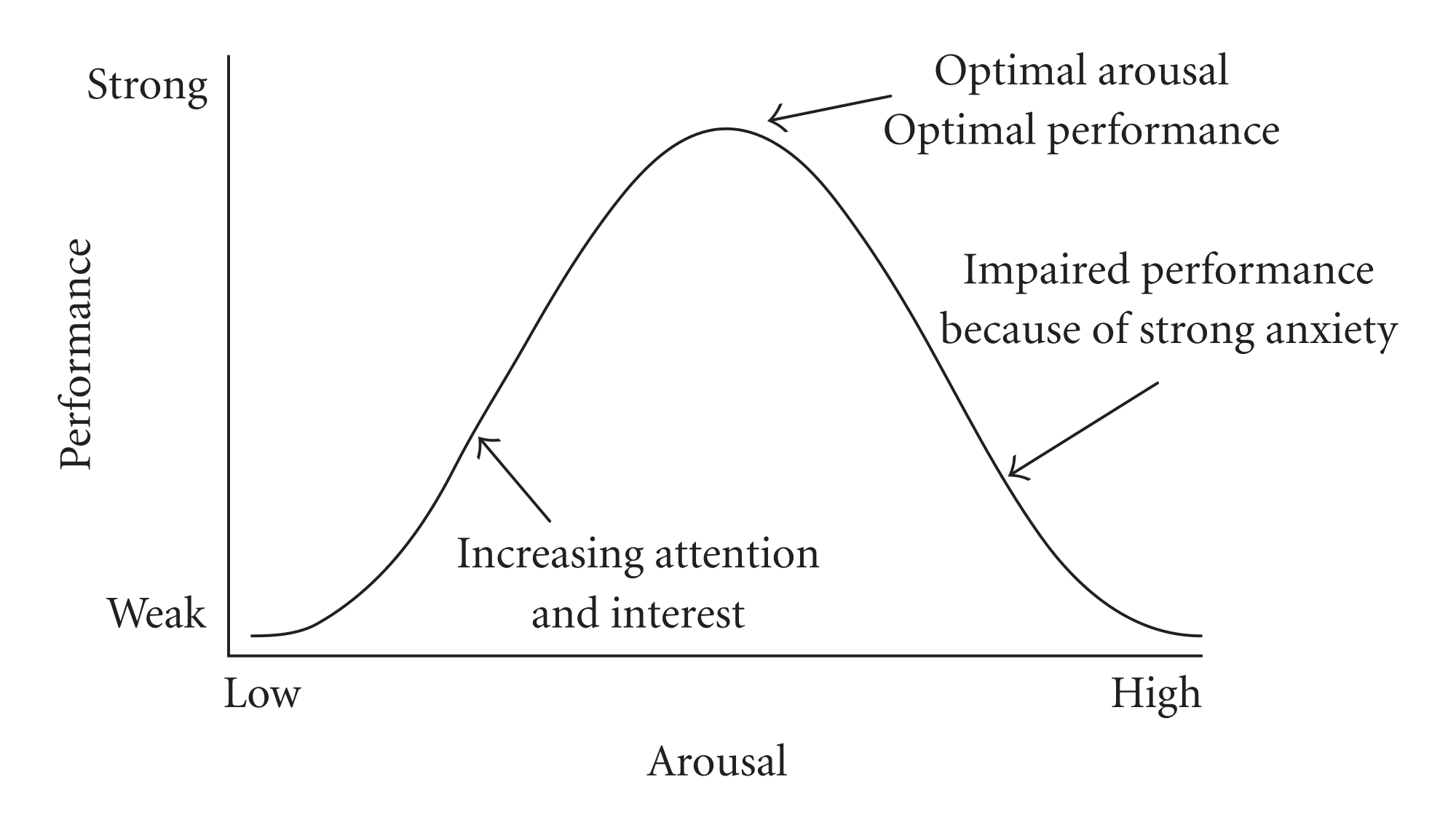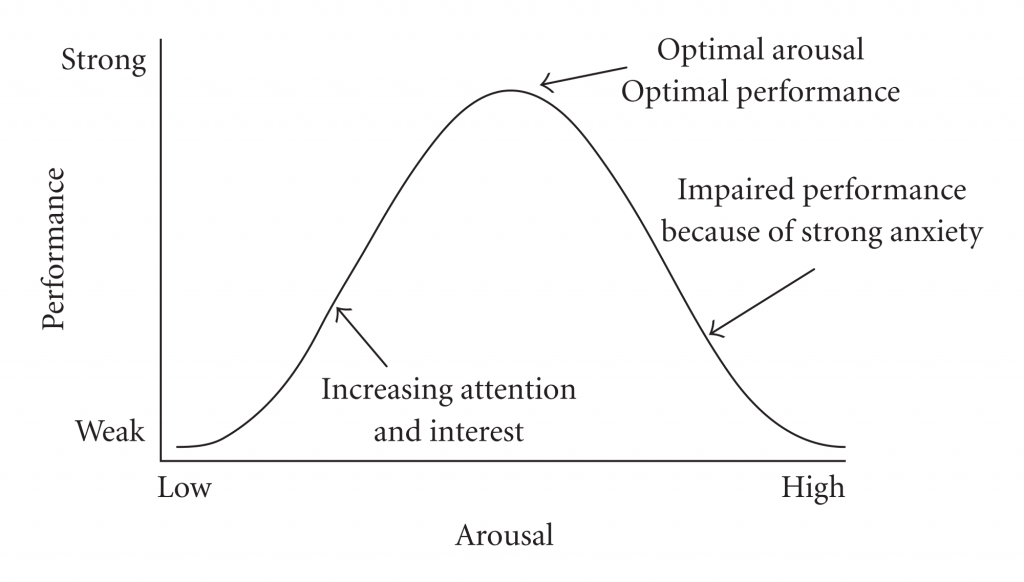Nootropics have a very interesting offer: a pill that helps solve hard issues. If it sounds too good to be true, you are probably correct. I suggest using whatever help you can get without side effects, yet not relying on it completely. For this article, you can read more here, here, here, here, here, here, here, here, here, and here.
Ginger pill to deal with regrets
There is a very strange lifehack offered by today’s medicine. If your consciousness is not clear and you made obnoxious moral choices, take a ginger pill and you will feel better. Since PTSD is quite common, and everybody can feel survivor’s guilt after pandemics, such a pill is a blessing. Yet, it does not feel right.
Curiously the issue is not entirely new. Early Christians used to be baptized before the death to wash off the sins. One of the reasons protestants refused to accept papal authority was paid absolution provided by the Pope.
I do not want to get into medical or theological disputes. However, let me ask you: how comfortable would you feel using such tools to deal with your moral choices? We are human and nobody is free of sins, but we can use better judgment, learn and improve through our regrets. Disabling this mechanism might be risky.
Psychiatrists vs psychologists
The main difference between the professions: psychologists do not provide pills. A good psychiatrist will not write a prescription without a discussion of the patient’s feelings. Each pill has its own side effects, and the cure is often worse than the problem. To make things worse, it is hard to predict how each will influence a specific person and the results may change with time.
Americans use more antidepressants than are good for them, and many successful people are addicted to prescription drugs. They are prepared to suffer the side effects which are definitely not pretty to feel a bit better. Usually taking antidepressants or some other drugs does not remove the problem, but makes it less acute and more chronic.
This reminds me of an old medical story. In 19th century alcoholists tend to be loud and violent. To deal with alcoholism they have prescribed a very successful treatment. The treatment cured alcoholism and violent tendencies. It had very few side effects, but it was addictive. We do not use it this way anymore. It was cocaine.
How dangerous are the cures we currently use?
Finding safe nootropics
So before we take a pill, we should at least feel that it is safe.
- Most vitamins are pretty safe. You can probably abuse vitamin C, D or Omega 3 without serious health risks.
- Minerals are safe only if you miss a particular mineral. Most of us need zinc and magnesium supplements. Extra calcium or iron can be bad for you.
- Natural ingredients can be as dangerous as chemistry. Whatever you use, try to use it in a small dosage. The higher the dosage, the larger the risks.
- Homeopathic remedies with high dilution are awfully similar to placebo: they tend to be very potent with very few side effects.
- Many mind-boosting drugs are very similar to a combination of chocolate, coffee, and sugar. Commercial products include some catalysts for more profound effects. In fact, if I take triple espresso with 2 spoons of sugar and ibuprofen I tend to hallucinate (and it is perfectly legal).
- Even a safe pill can become risky when combined with other safe pills and personal predispositions.
How likely are we to mess up with our metabolism?
Very likely. I quote:
Up to 86% of American adults now take supplements and one survey showed that 25% did so because test results showed a specific deficiency
With every new disease including COVID-19 people tend to use drugs that are not proven to be effective beyond the placebo effect. At the same time, many drugs can have dangerous side effects, especially for elderly adults.
Melatonin can cause some side effects including headache, short-term feelings of depression, daytime sleepiness, dizziness, stomach cramps, and irritability. Melatonin might increase blood sugar in people with diabetes. Melatonin can make symptoms of depression worse.
Consider confinement anxiety. It can cause depression, gastro issues, and insomnia. You take melatonin and your depression gets worse. So you take stronger antidepressants and your stomach hurts. If you also take something against the stomach you might feel OK. Then you take a beer and feel wasted because your liver cannot process so many chemicals. This situation is not entirely bogus.
Maybe it is better not to take any pills or to take highly distilled homeopathic for its potent placebo effect?
A word about the placebo effect
Taking inert substances, like rice pills, can have positive and sustainable effect. I quote:
A vast array of different conditions have been reported as benefitting from placebos, including acne, Crohn’s disease, epilepsy, erectile dysfunction, ulcers, multiple sclerosis, osteoarthritis, rheumatism, Parkinsons’s disease, and colitis. At first, scientists believed that the placebo effect was just a subjective phenomenon — in other words, that gullible people were just imagining that their symptoms had improved, without any real physiological changes taking place. But it eventually became apparent that this wasn’t the case. Even though patients were receiving inert substances with no physiological effects, real, measurable physiological changes were occurring.
For most purposes, homeopathy is an effective placebo. I do not know reliable evidence to think otherwise.
Not enough reliable pieces of evidence
Consider this headline: “Red ginseng reduces hangover severity after heavy drinking. Large placebo-controlled studies are needed to confirm findings.”
This means that if we take red ginseng after alcohol abuse we are likely to feel better, but this might be a placebo effect. Red ginseng does not have serious side-effects, so why not keep a pill at home just in case?
I would say “go for it”…
Use nootropics to boost career
Some nootropics combine the effects of coffee, chocolate, and sugar. Consider something relatively effective: 500mg daily cocoa polyphenols. That will have a small positive effect on alertness and productivity. Over the lifetime, this small effect will aggregate. The extra revenues will arguably be significantly higher than the costs. Cocoa powder in 9g dosages per day for 30 days would cost you less than 10 dollars per month. Cocoa is also a nootropic with very few risks of side effects associated with it.
If you want something more potent, consider donepezil, memantine, MPH, and modafinil. These drugs might have a positive effect on your performance. A common trend found in research studies indicated that participants rated their performances on cognitive tests higher than it actually was, suggesting “overconfidence” effect.
Notice that the effectiveness of the nootropics was compared with placebo, not lifestyle choices. We can drink coffee without milk and eat some dark chocolate. The experience is great and both your alertness (caffeine) and optimism (serotonin levels) will be enhanced. Additionally, you will be less likely to suffer dementia.
Mind-altering drugs
There is always a lot of interest in magic mushrooms and marijuana. The results are controversial and inconclusive. I may host some guest articles in the future, but do not have a personal opinion on this issue.
Combined approach
The current paradigm praises a combined approach. Take some supplements and nootropics if they do not have significant side-effects. Make the right lifestyle choices. Practice mindfulness. Get the support of a community, a coach, or (if you can afford it) qualified psychological support. Spread your efforts in multiple directions and enjoy the aggregated benefits of each approach.
I quote:
It has been shown that consumers of neuroenhancement drugs are much more willing to also use them in the future, e.g. due to positive experiences or a tendency towards addiction. Students primarily attribute consumption of these drugs for increased concentration, improved alertness, or to “get high”… Proponents of cognitive enhancement have argued that there are vast potential benefits for the workforce, especially for the older segment.
My advice? Whatever works for you, as long as it is safe…

Get 4 Free Sample Chapters of the Key To Study Book
Get access to advanced training, and a selection of free apps to train your reading speed and visual memory


